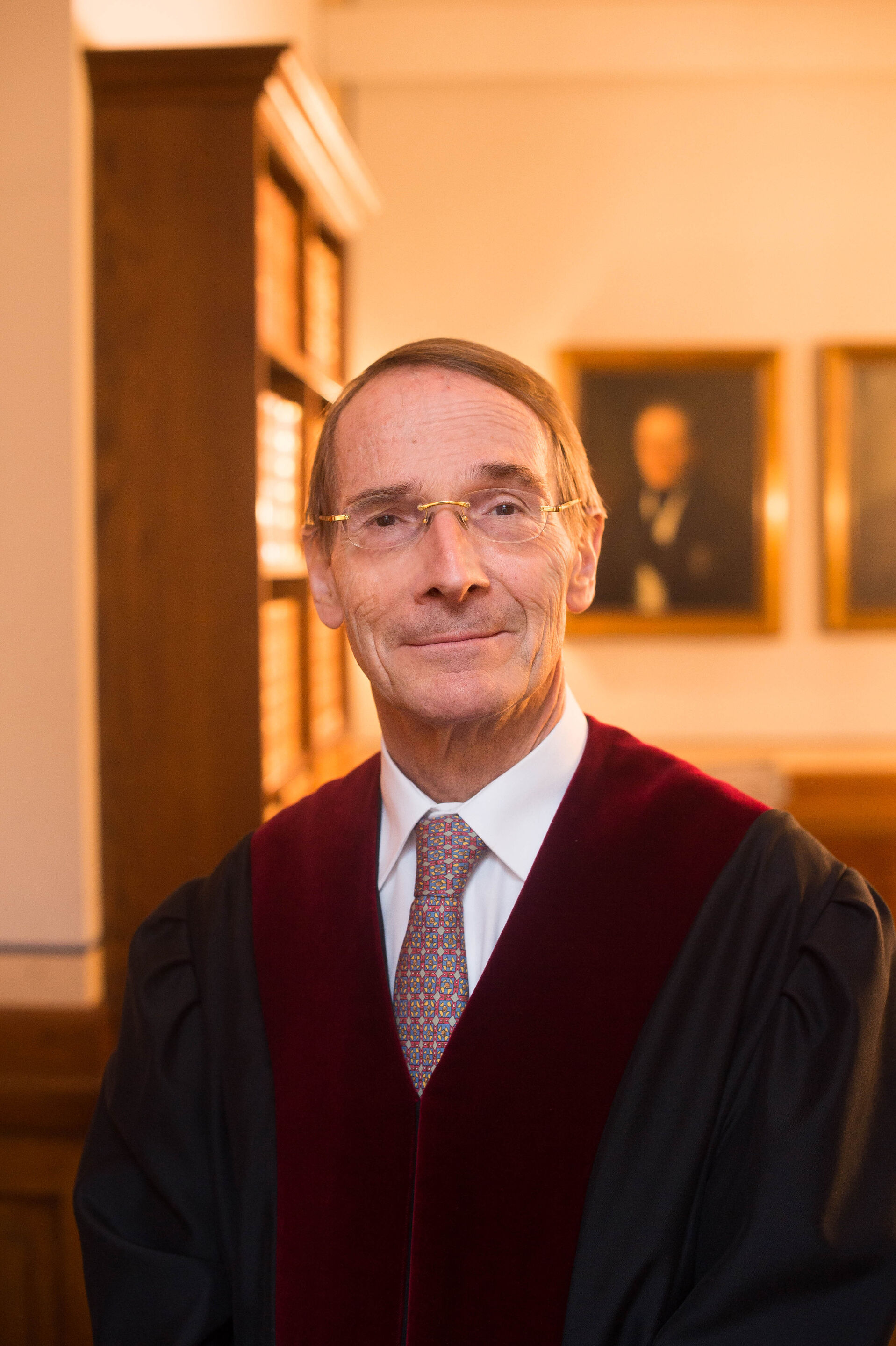
«The future of the Convention system depends on strong dialogue and meaningful, good faith cooperation between the court and the national authorities,» said president of the European Court of Human Rights (ECtHR), Robert Spano, when he spoke at this year’s Ryssdal seminar.
The court interprets the European Convention on Human Rights (ECHR), which celebrates its 70 years old anniversary this autumn. The convention has since its creation in 1950 ensured that the 47 member countries adhere to basic human rights for its around 830 million European citizens.
Similar to the United Nation’s Universal Declaration of Human Rights, the ECHR was established to ensure human rights for vulnerable minority groups in the aftermath of the previous two world wars. However, contrary to the UN declaration, the European convention is legally binding.
«This has improved the protection of human rights in Europe»
Erik Møse, a recently retired Norwegian Supreme Court Judge, served as a judge in the ECtHR from 2011 to 2018.
«The ECtHR has delivered around 23 000 judgments, and has in many of the judgements stated that one or more rights in the convention has been violated. Because the states are obliged to follow up the judgements, the member countries have had to change legislation, case law and the administrative practise accordingly. This has improved the protection of human rights in Europe, as well as strengthening the rule of law and the democracy,» says Møse.
However, Møse does make a reservation:
«In countries where the political development has led to temporary setbacks, it is important to hold on to the previous achievements, and to support the ECtHR’s work,» he says.
36 Norwegian violations of the Convention
An important aspect of the ECtHR is the principle of «subsidiarity», which means that member states are responsible for the implementation of the international human rights norms they have voluntarily signed up to.
«In keeping with this logic, it is the states who should be the first to address human rights issues which arise on their territory,» president Spano explained during his speech at the Ryssdal seminar.
Norway ratified the convention in 1952. Since then, the court has delivered 55 judgments about Norway, and found that in 36 of them, Norway has violated the convention. According to Møse, the convention has influenced Norwegian law in several ways.
«This has been done partly because Norwegian courts generally emphasise the ECtHR’s practice, and partly by judgements directed at our country. The significance of the ECHR is particularly clear in cases related to criminal procedures, freedom of speech, child welfare and in the principle of not convicting when doubt about the guilt remains,» says Møse.
Violation of Article 8 on the right to family life
He mentions the so-called «Strand Lobben case» from 2019, which concerned the loss of parental rights and the consent to adoption, as particularly influential to Norwegian law. There are currently 38 Norwegian child welfare cases before the European court.
|
The European Convention on Human Rights (ECtHR)
|
|---|
«The ECtHR found that the Norwegian authorities had violated Article 8 on the right to family life. As a result, the Supreme Court in the Grand Chamber in March 2020 had to adjust how Norway carries out child welfare,» says Møse.
The Grand Chamber is a formation of the court consisting of a larger number of judges than what is normal.
Erik Møse spent seven year as a judge in Strasbourg, before he returned to the Supreme Court of Norway. He sums up his years as judge in the French city:
«My seven years in Strasbourg was an interesting and rewarding time. The work provides a good overview of human rights issues going on in individual states. It became particularly clear to me how important the ECHR is for the inhabitants of countries where the protection of rights is weak».